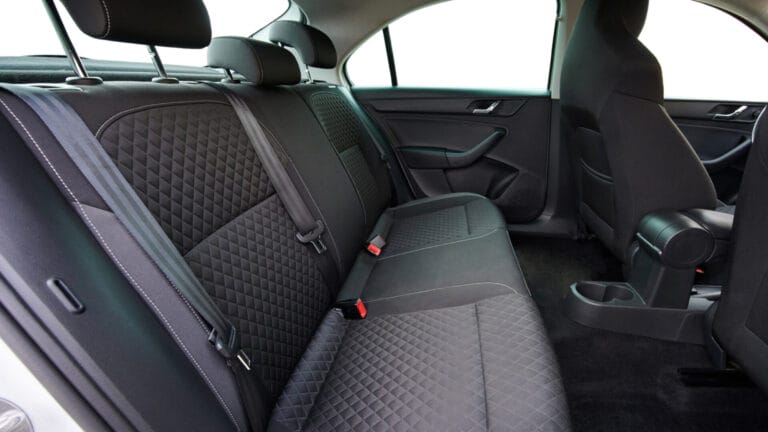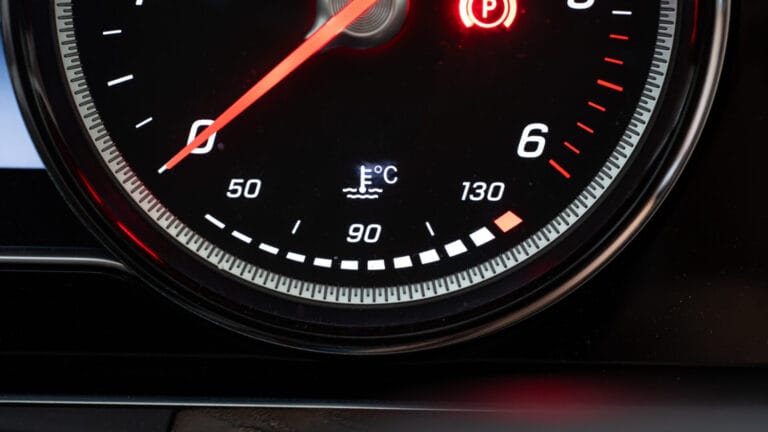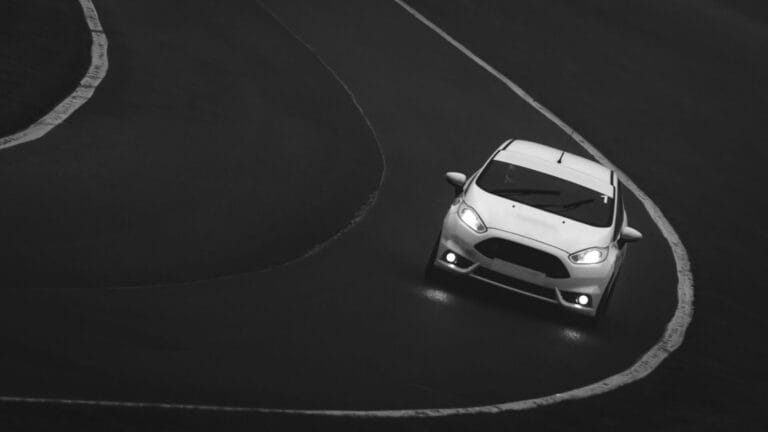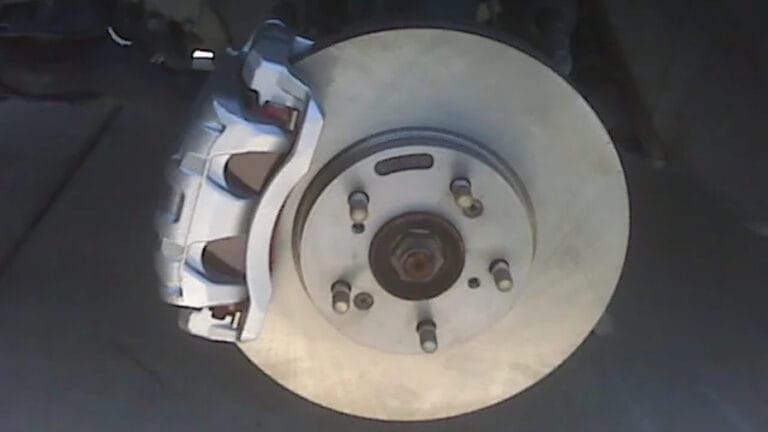Why a Car Jerks When Shifting From 2nd to 3rd Gear? 6 Reasons Explained
In manual transmission cars, the shifting precision of the driver greatly impacts the shifting performance. Though automatic transmission cars don’t have that input issue, various transmission problems can cause jerking while shifting.
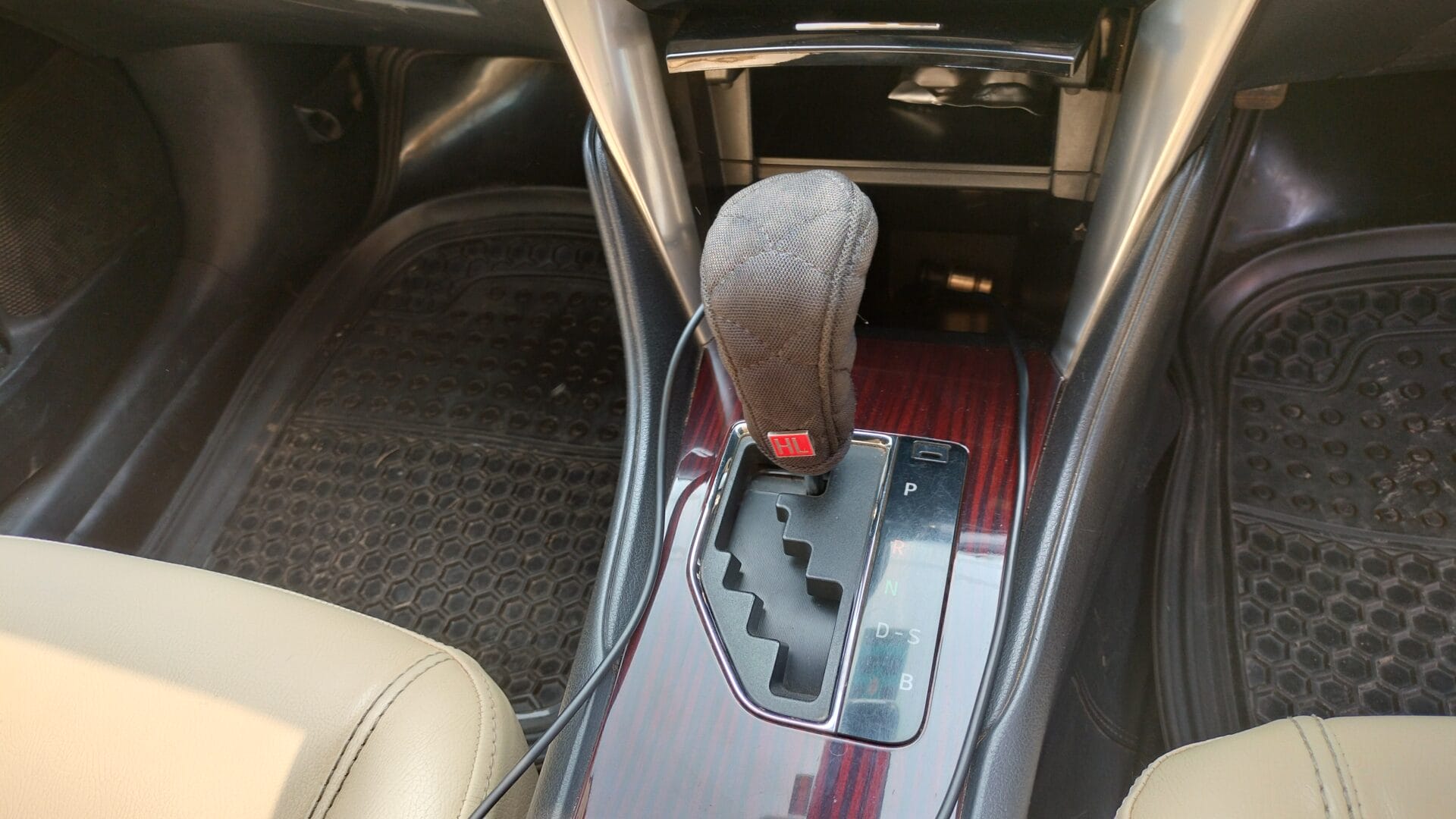
So, what are the reasons why a car jerks when shifting from 2nd to 3rd gear?
Incorrect timing and faulty clutch operation are the most common driver-oriented causes. Mechanical causes include worn clutch plates, old or low transmission fluid, and dirty fuel injectors.
Let’s learn six reasons behind car jerking, especially when shifting from second to third gear, and how to troubleshoot the problem.
Car Jerks When Shifting From 2nd to 3rd Gear: Causes for Manual Transmission Cars
In manual transmission cars, the jerking problems appear more because everyone has a different shifting pattern. Let’s check the main reasons behind the jerking problem in manual transmission cars.
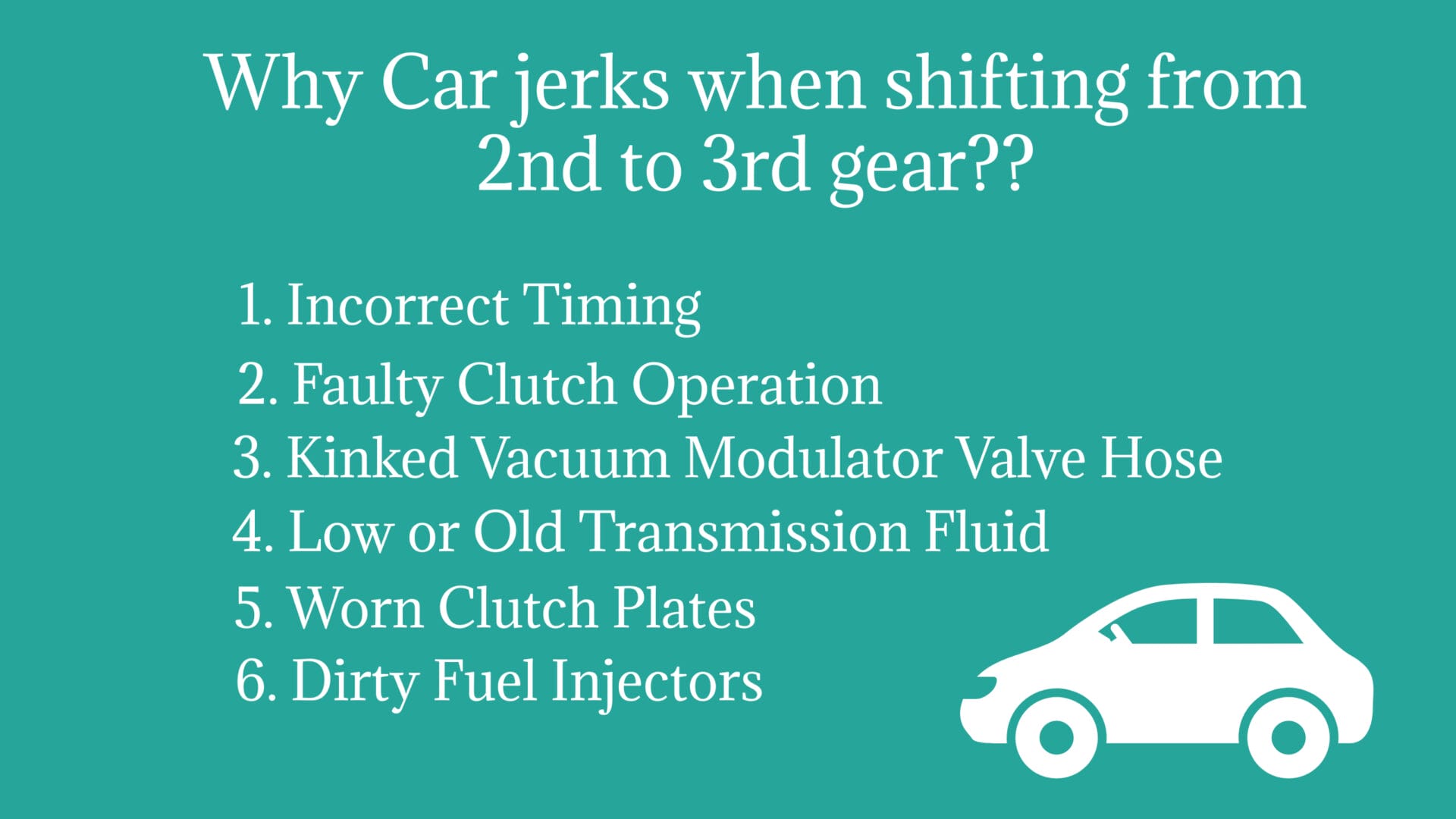
1. Incorrect Timing
Each gear in your manual transmission car is suitable for a specific speed range. For example, you need to shift from second to third gear when the vehicle speed is higher than 20 km/h. If you shift too early, the car can jerk during the shift. Shifting too late causes the same problem.
Another common cause behind this is not focusing on the engine’s RPM. There is a green zone on the tachometer, which indicates shifting gear inside this zone is safe. If you shift while the tachometer or rev counter is in the red zone, the car will jerk. As the RPM quickly rises in low gears, jerking is common while shifting from second to third gear.
What Should You Do?
- You should correct your shifting patterns to get rid of the jerking problem. First of all, you should check the vehicle’s manual to find the optimum speed range for each gear. Practice shifting gears within the speed range to avoid jerking.
- The next task is to maintain the RPM while shifting. You shouldn’t not accelerate erratically during a shift. Instead, keep the RPM gauge in the green zone while shifting. This practice will keep your transmission from premature wear.
2. Faulty Clutch Operation
You might have heard the term ‘half clutch.’ While shifting gears in a manual transmission car, you have to depress the clutch pedal fully. Depressing the clutch pedal disconnects the clutch plate from the flywheel. So, the power transfer from the engine to the transmission is cut off. This is the right moment to shift gears.
If you press the clutch pedal halfway down, the clutch plate might still be in contact with the flywheel. So, it will be synchronized with the engine speed. Shifting from second to third gear in this condition causes jerking and damages the components.
Another common reason is releasing the clutch too early or accelerating before the shifting is done. The first one is related to the half-clutch problem. Once you press the clutch pedal, keep it pressed until the gear is changed. Only then, release the clutch pedal slowly and accelerate as you need.
What Should You Do?
- This is also a driver problem. You should practice the clutch operation to ensure the clutch is fully pressed while shifting.
- Also, avoid releasing the clutch pedal too early to prevent the car from jerking.
This video will help you master clutch control:
Car Jerks When Shifting From 2nd to 3rd Gear: Causes for Manual and Automatic Transmission Cars
The following reasons can cause a jerking problem in both manual and automatic transmission.
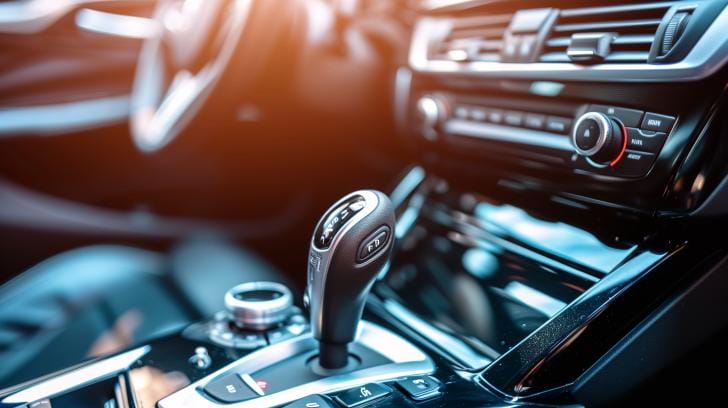
1. Kinked Vacuum Modulator Valve Hose
The vacuum modulator valve simply sends the shifting signal to the engine’s intake. A hose connects the valve to the intake. If this hose is kinked or blocked, the vehicle will not receive the shifting signal correctly.
As a result, the car will jerk during the shift because it is too late to shift.
What Should You Do?
- You should take the car to a repair shop and get the vacuum modulator valve repaired or replaced. If the hose is kinked, you can get it fixed. Cracked hoses should be replaced. It will cost about $150, including parts and labor.
2. Low or Old Transmission Fluid
Like engine oil keeps engine components lubricated, transmission fluid does the same for transmission components. If the amount of transmission fluid is low, the transmission components will be out of lubrication. As a result, they will overheat and slightly expand. Transmission components are positioned precisely. Slight expansion can cause the components to grind against each other, causing slight jerking during a gear shift.
A low transmission fluid level will also cause the transmission components to wear faster. For example, the clutch plate can wear prematurely. After a shift, it won’t precisely connect with the flywheel. So, the car will jerk when shifting from second to third gear.
Old transmission fluids can also cause this problem. When the transmission fluid is too old, it will lose effectiveness. Accumulated debris in the fluid can also reduce lubrication. So, it will do the same harm to the transmission as a low transmission fluid level.
What Should You Do?
- You need to check the quantity and quality of the transmission fluid. Park the car and turn the engine off. Open the hood while the engine is still warm.
- Remove the transmission fluid dipstick. Wipe it clean and insert it into the fluid reservoir.
- Then, take the dipstick out again and check the fluid level. If the fluid level is close to the Low or L mark, you should refill the fluid.
- Also, check the color and texture of the fluid. The transmission fluid should be transparent and bright. If the fluid is dull, opaque, dark, and has metal debris, flush the fluid. Then, refill the new fluid.
This video will help flush the engine oil and refill it:
3. Worn Clutch Plates
I have already mentioned this as an effect. In manual transmission cars, your action determines the longevity of the clutch pack. Automatic transmission cars shift gears on their own, so the clutch pack doesn’t usually get damaged.
Still, insufficient lubrication, misalignment, etc., can cause the clutch plate to wear faster. If the vehicle is too old, the clutch pack can have regular wear. These problems cause the car to jerk while shifting.
What Should You Do?
- For both manual and automatic transmission cars, you have to get the clutch plate checked. If the clutch plate is worn, get it replaced. It will cost about $800-$1,500, depending on the transmission type and model.
- Keep the transmission lubricated to reduce clutch wear.
4. Dirty Fuel Injectors
Modern vehicles come with fuel injectors instead of carburetors. The injectors should spray the right amount of fuel for the next power cycle of the engine. If the injector is dirty or clogged, it can’t deliver the necessary fuel.
So, the engine doesn’t have enough power. This causes the car to jerk during the shift and even after the shift.
What Should You Do?
- Get the fuel injector cleaned by an experienced mechanic. It is a sensitive task, so only rely on the experts. It will cost about $100-$150.
FAQs
You will find some additional information in the answers to frequently asked questions about cars jerking. Check them below.
Does shifting become hard if the car jerks when shifting from 2nd to 3rd gear?
Sometimes. Especially if the transmission fluid is low or too old, the shifting can be too hard.
Can faster shifts cause the car to jerk?
Not actually. Even if you shift very fast, you have to maintain the right engine RPM and the vehicle speed. If you can synchronize all factors properly, the shifting will be jerk-free.
At what RPM should I shift from 2nd to 3rd gear to avoid jerking?
The ideal RPM for shifting in most cars is about 2,500-3,000. You should check your vehicle’s manual to find the ideal RPM.
Final Words
Hard shifting, gear slippage, and jerking are common problems for beginners. Most reasons why a car jerks when shifting from 2nd to 3rd gear are related to the transmission of your car. The reasons are usually of two types: user problems and mechanical problems. User problems include incorrect shifting and faulty clutch operations.
These reasons can incur mechanical problems later on. Mechanical problems like low transmission fluid, worn clutch plates, dirty fuel injectors, bent VMV hoses, etc., also cause jerking problems. Use the solutions mentioned above to eliminate the jerking problem. Correct your shifting actions to avoid the problem in the first place.

